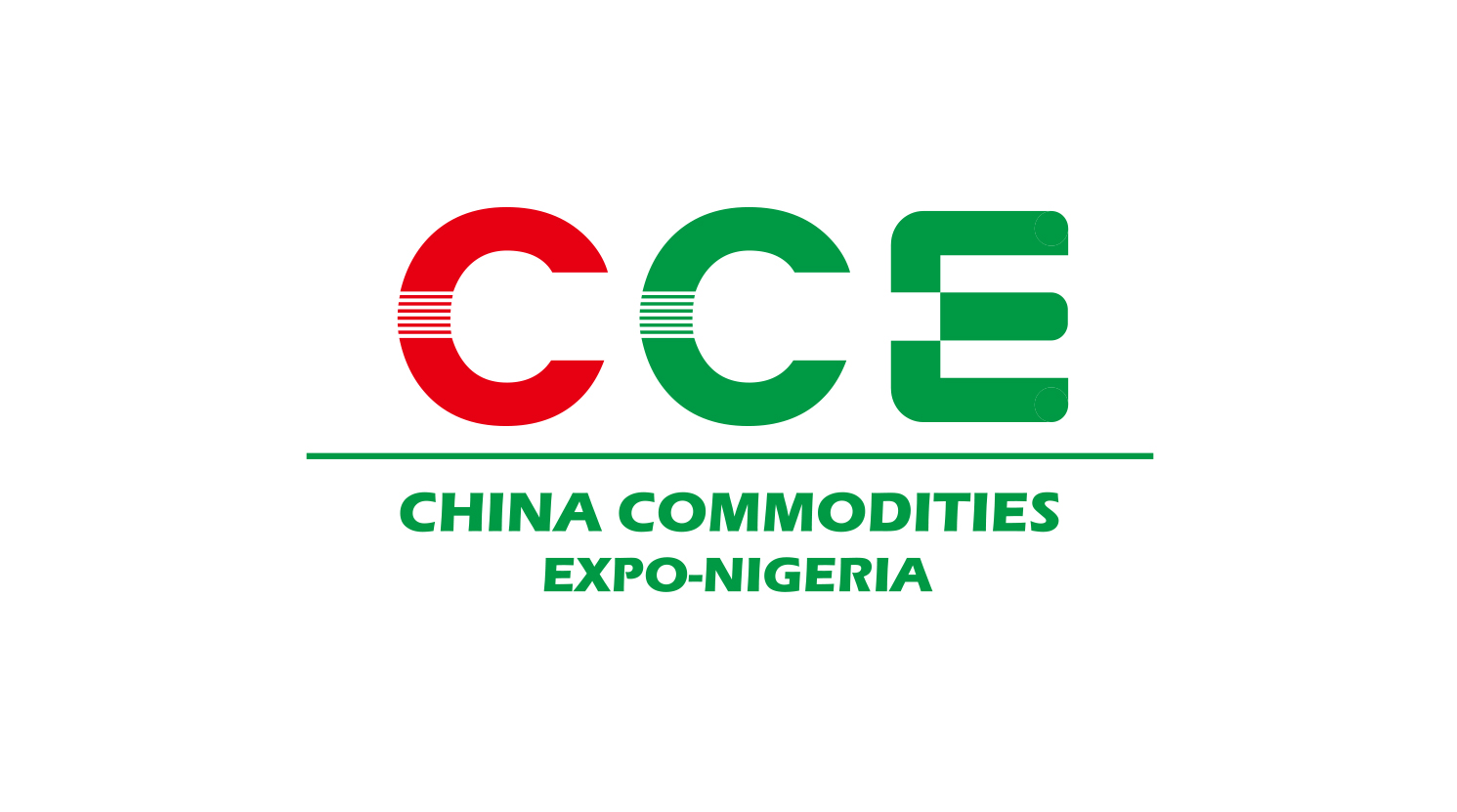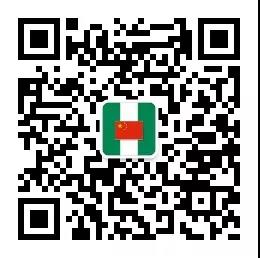EXHIBITS TRANSPORTATION
EXHIBITS TRANSPORTATION
Exhibition transportation and customs clearance of goods
The exhibition does not specify a transportation company for exhibits. Enterprises can contact commonly used freight forwarding companies to handle transportation on their own. The sea transportation and customs clearance cycle is about 3 months. Enterprises need to provide a transportation list by the end of July, and the deadline for sea transportation is mid August. The deadline for air freight is early October, and the shipping cost is very high.
The sea transportation cycle from China to Nigeria is long, the local government is extremely corrupt, and the customs clearance speed of goods is slow. If the product is within the scope of SONCAP control, it must undergo SONCAP certification. In addition, when exporting to Nigeria, the CTN (tracking number) is also essential. With these two things, the destination port can smoothly clear customs.
SONCAP regulated products: toys, electronic and electrical products, automotive products, chemicals, mechanical materials and gas appliances, paper and stationery, and safety protection equipment. Equipment exported to Nigeria must have SONCAP certification in order to clear customs. For information on SONCAP, please refer to the website: http://son.gov.ng/soncap_service
Please consult the exhibition organizer for specific sea transportation procedures and times.
List of prohibited imported products
1. Live or dead poultry, including frozen poultry meat (HS code: HS0105.1100-0105.9900010.3100-0106.39000207.1100-0207.3600210.9900).
2. Pork and beef (HS code: 0201.1000-0204.5000-0206.1000-0206.90000210.1000-0210.2000).
3. Poultry eggs (HS code: 0407.0000).
4. Refined vegetable oils and fats (HS code 1507.1000-1516.2000.29), but excluding flaxseed oil, castor oil, olive oil, and natural vegetable oil.
5 solid sugarcane sugar or beet sugar containing added seasoning or coloring agents, as well as chemical grade sugars (HS code: 1701.91.1000-1701.99.9000 retail packaging).
6. Cocoa butter, cocoa powder, and cocoa cake (HS code: 1802-1803.20001805.000001806.1000-1806.20001804.0000).
7. Italian pasta/noodles (HS code: 1902.1100-1902.3000).
8. Retail packaged fruit juice (HS code: 2009.110012-2009.110013-2009.9000.99).
9. Water with added sugar or other sweetened ingredients, flavored or covered with sugar and snow, including mineral water and soda (HS code: 2202.1000-2202.9000) and other non-alcoholic beverages (HS code: 2202.1000-2202.9000.99), but excluding energy drinks or health drinks (liquid prescribed dietary supplements), such as Lima, Hongjinsheng, etc. (HS code: 2203.0010.00-2203.0090.00).
10. Bag cement (HS code: 2523.2990.22).
11. The drugs under the titles 3003 and 3004 of the customs tariff are as follows:
[1] Paracetamol tablets and syrup
[2] Compound Xinnuomin tablets and syrup
[3] Metronidazole tablets and metronidazole syrup
[4] Chloroquine tablets and syrup
[5] Blood tonic formula; Ferrous sulfate tablets and ferrous gluconate tablets; Folic acid tablets; Compound vitamin B tablets (excluding improved release formula)
[6] Multivitamin tablets, capsules, and syrups, except for special formulas
[7] Aspirin tablets (excluding improved release formula and soluble aspirin)
[8] Magnesium trisilicate tablets and suspensions
[9] Quhualing tablets and syrup
[10] Levamisole tablets and syrup
[11] Clotrimazole cream
[12] Ointment - Penicillin/Zhengdamycin
[13] Dipyrimidine dihydroxynaphthalate tablets and syrup
[14] Intravenous injection (glucose, physiological saline, etc.)
12. Medical waste (HS code: 3006.9200).
13. Mineral or chemical fertilizers containing two or three fertilizer elements in nitrogen, phosphorus, and potassium (NPK 15-15-15), excluding organic fertilizers (HS code 3105.10.00.00 – 3105.90.00.00).
14. Soap and cleaning agents for retail packaging (HS code: 3401.1100-3402.9000).
15. Mosquito repellent incense (HS code: 3808.9100.91).
16. Refurbished and used gas tires, but excluding 11.00 for refurbishment Χ Used truck tires of size 20 and above (HS code: 4012.2010.00).
17. Corrugated paper and corrugated cardboard (HS code: 4808.1000), boxes, boxes, and storage boxes made of corrugated paper and corrugated cardboard (HS code: 4819.1000), toilet paper, stain or tissue paper (HS code: 4818.1000-4818.9000), but excluding baby diapers, adult urine pads (HS code: 4818.4000.41), and exercise books (HS code: 4820.2000).
18. Telephone recharge card or voucher (HS code: 4911.9990.91).
19. Carpets and other textile floor coverings with HS codes ranging from 5701.10.000 to 5705.000.0000.
20. All types of shoes and bags, including leather and plastic bag boxes (HS code: 6401.1000.11-6405.9000.9942021.100.100-4202.9900.99), but excluding safety shoes, sports shoes, canvas shoes, footwear full loose parts or components used in the petroleum industry, hospitals, firefighting, and factories.
21. Hollow glass bottles (HS code: 7010.9021.297010.9031.00) used by breweries, other breweries, and beverage companies to package beverages with a capacity exceeding 150 milliliters (0.15 liters).
22. Second hand compressor (HS code: 8414.3000); Second hand air conditioning (HS code: 8415.1000.11-8415.9000.99); Second hand refrigerator/freezer (HS code: 8418.1000.11 – 8418.69.0000)
23. Used motor vehicles with a vehicle age of over 15 years from the date of production (HS code: 8703.10.00-8703.90.000)
24. Ballpoint pen (HS code: 9608.10.0000).
25. Retail tomato sauce or concentrated tomato juice (HS code: 2002100000, 2002902000, 2002909000).
List of absolutely prohibited imported products
1. Air gun.
2. Photography printing paper sent by air mail.
3. All forged or pirated materials and items, including coin base materials or counterfeit products from any country.
4. A bead necklace or similar item made of flammable celluloid.
5. Blank invoice.
6. Foreign football lottery or other gambling arrangements.
7. Shell.
8. Tea leaves that have been used up or mixed with other substances. "Exhausted tea" refers to all tea leaves that have been soaked, brewed, or boiled to lose their rightful quality and flavor.
9. Equipment for refilling toner cartridges.
10. Obscene publications, paintings, books, cards, sculptures, or other obscene items.
11. Manila paper.
12. Matches made from white phosphorus.
13. From the perspective of the purpose of use, any material deemed by the President to contain religious views that are anti peaceful or offensive to people at any level in Nigeria.
14. Health officials declare meat, vegetables, or other foods unsuitable for human consumption.
15. Any fragments of cloth, all other textiles (including clothing), or various tiles, porcelain, or pottery containing holy texts and inscriptions on the Quran or related to the Quran (whether in Roman or Arabic).
16. Disguise as any form of handgun.
17. Old clothes.
18. Silver or alloy metal coins that are not the legal tender of Nigeria.
19. Nuclear waste and other toxic waste.
20. Spirits
(1) But not including
Alcoholic bitters, sweet liqueurs, fruit juices, or mixtures recognized by the General Customs in their judgment, and they are not considered harmful spirits by any laws or regulations related to alcohol or liquor sales licenses.
Brandy. A type of wine extracted solely from fermented grapes without any other substances by the grape producing country, and stored in wooden barrels for more than three years.
Medicinal wine or wine with therapeutic effects recognized by the General Commissioner of Customs based on his judgment.
Gin. A type of liquor that is extracted from a mixture of mashed grains using only maltase and flavored with juniper extract and other plant components. The liquor has been declared an approved brand in government announcements and the name and address of the brand owner are also marked on the packaging box; Alternatively, extract the mash, barley, rye, and corn that have been saccharified with maltase at least three times in a retort, and then distill the resulting liquor once in the retort after adding juniper extract and other plant materials.
Industrial alcohol or denatured alcohol. To mineralize the mixed methanol liquor, follow the following steps: mix 90% alcohol with 9.5% wood naphtha and 0.5% natural pyridine, and add 1.7 liters of inorganic naphtha or petroleum and 0.7 grams of aniline staining powder (methyl violet) for every 455 liters of the above mixture. Any amount of the above mixture that is less than 455 liters should also be treated according to this ratio. Industrial methanol alcohol imported with the approval of the Director General of Customs shall be mixed using the following method: 95% alcohol mixed with 5% wood naphtha. After obtaining approval from the Director General of Customs, similar methods can be used to denature alcohol for specific purposes.
Spiced liquor
Rum. The alcohol directly extracted from sugarcane products by sugarcane producing countries and stored in wooden barrels for more than three years.
Import alcohol for medical or scientific purposes in accordance with the conditions specified by the General Commissioner of Customs.
Whiskey. Alcohol extracted from mash or fruit of grains that have been saccharified by maltase and stored in wooden barrels for more than three years.
(2) Except for denatured liquor, medicinal liquor, and flavored liquor, liquor with a pure alcohol content exceeding 48.5% shall not be imported unless the Director of Customs determines in his judgment that the liquor can be imported.
(3) Any weapon that can release toxic and harmful gases, liquids, and other similar substances, or any ammunition that accommodates or is suitable for containing toxic and harmful gases, liquids, and other similar substances, as determined by the Chief of Customs

